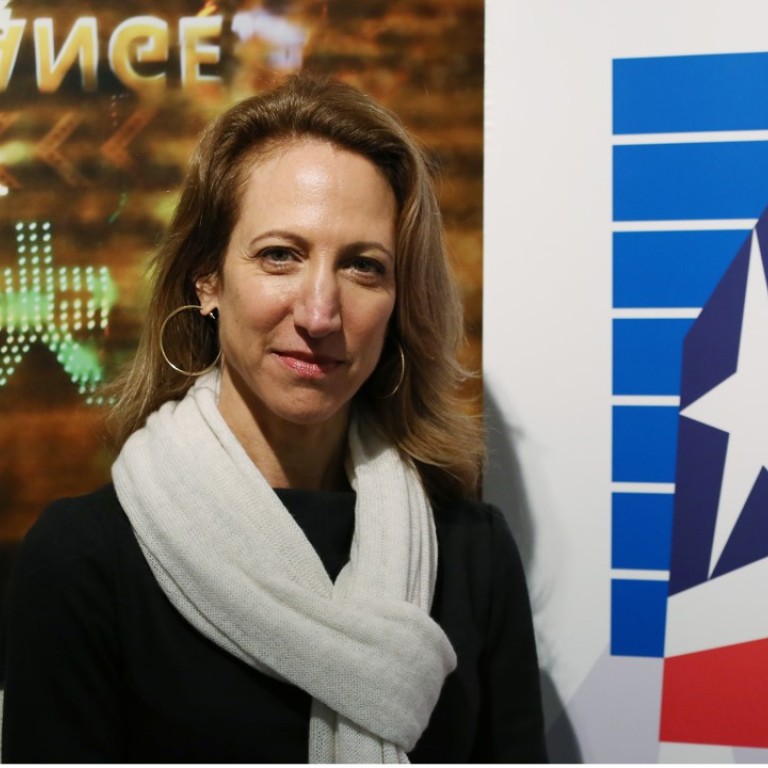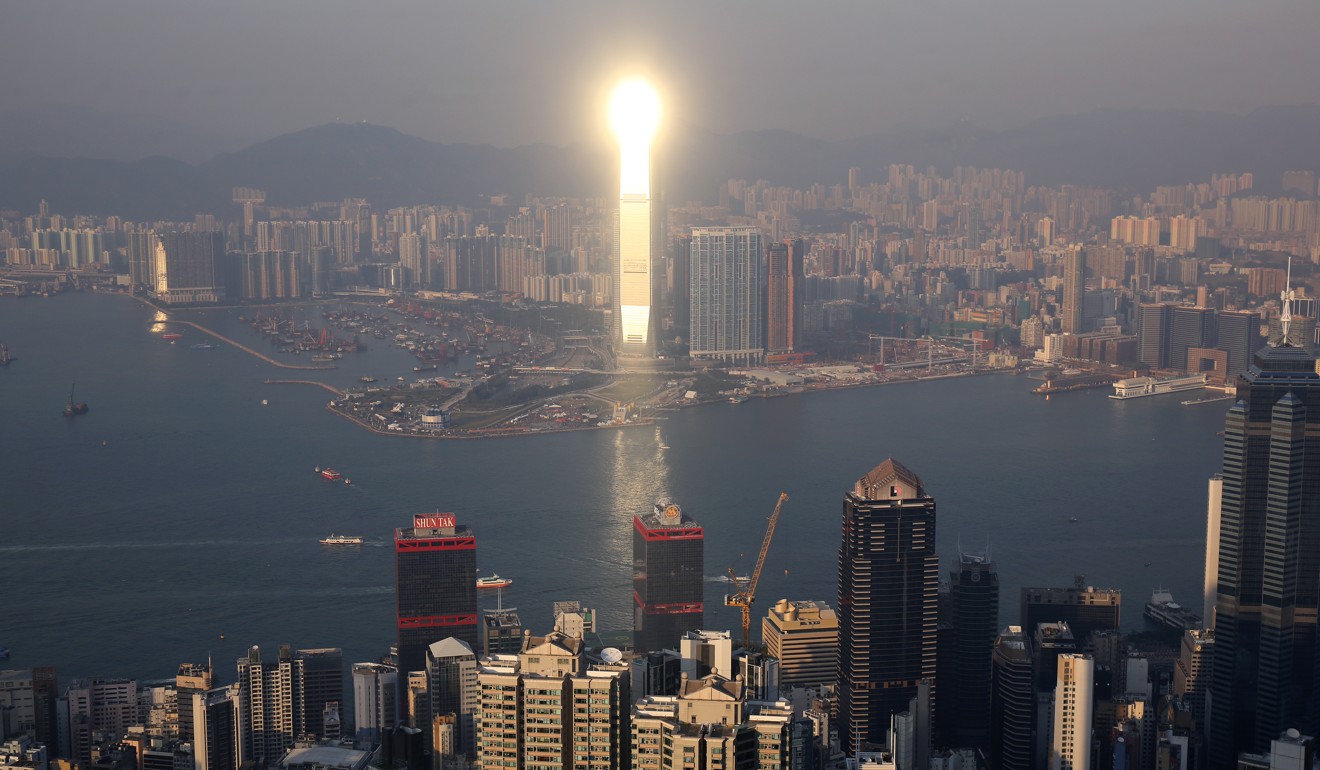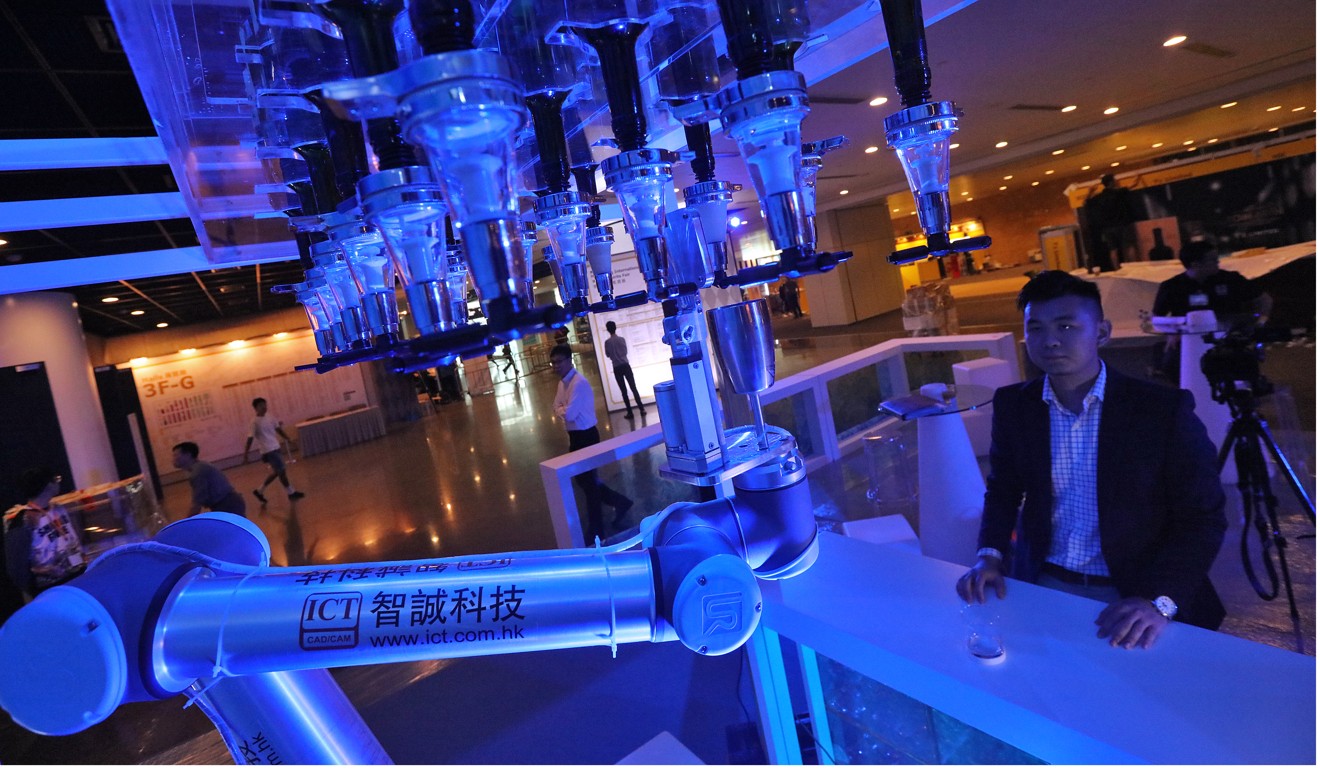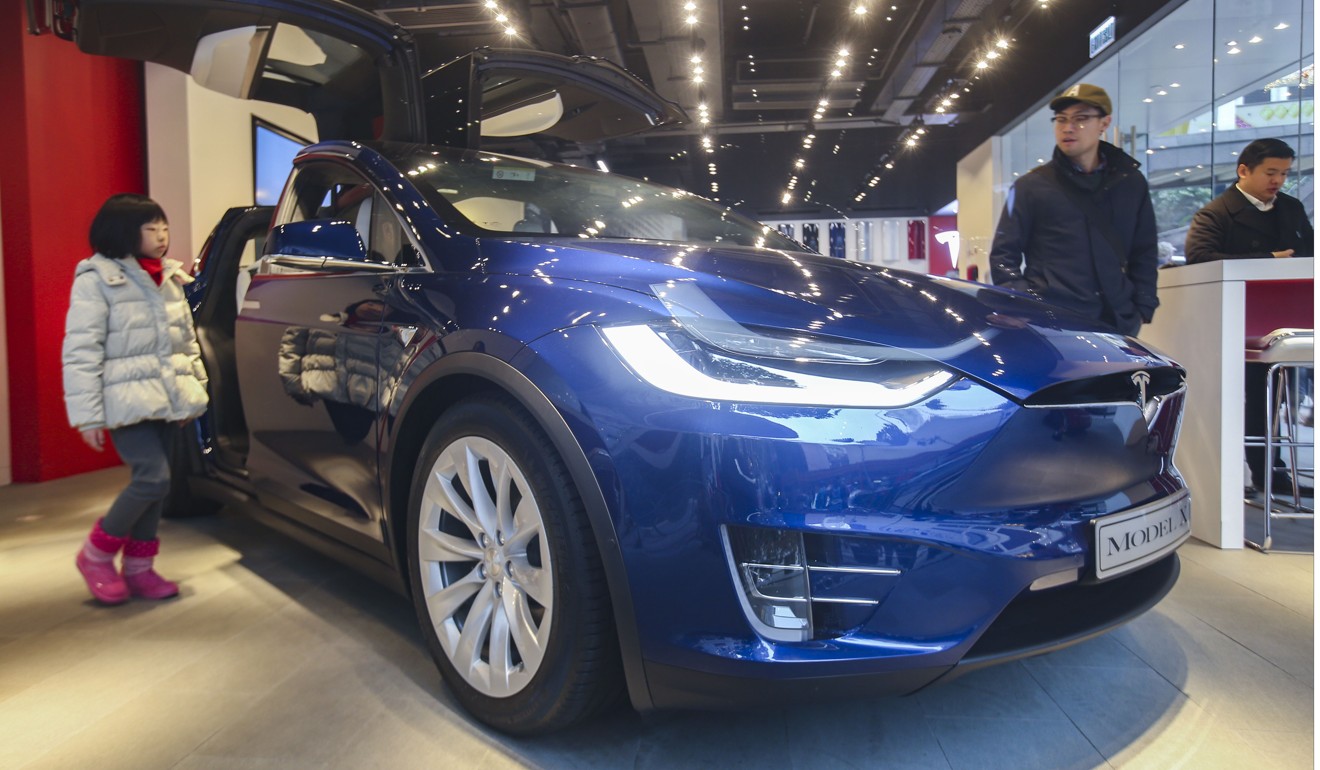
Hong Kong must be more aggressive in luring foreign firms and nurturing talent, American Chamber of Commerce says
Chamber president Tara Joseph says many companies want to expand their presence in Hong Kong, but office and housing costs prevent them doing so
Hong Kong’s largest international chamber of commerce has said critical economic issues were left out of the government’s 2018-19 budget unveiled on Wednesday.
The comment from the American Chamber of Commerce comes despite the city’s financial chief splashing out billions of dollars to foster future development, with the innovation and technology sector taking home the largest chunk.
Chamber president Tara Joseph said quicker and more aggressive measures were needed to woo foreign investment, nurture talent and improve the business environment in the face of fierce competition from Singapore and mainland Chinese cities.
Financial Secretary Paul Chan Mo-po on Wednesday announced a raft of economic development initiatives. He dished out HK$50 billion to support innovation and technology – especially biotechnology, artificial intelligence, smart city initiatives and financial technologies.

“Diversifying the economy toward tech and innovation is an excellent move,” Joseph said. “But there should be an emphasis on attracting international business. Hong Kong’s distinctive advantage is as a super-connector.
“We see relatively little in this budget about improving Hong Kong’s overall business environment for international business.”
Joseph argued that compared to Singapore’s proactive and aggressive approach to wooing foreign firms, Hong Kong did not seem to focus on “selling” itself as a choice destination for start-ups.
Hong Kong looking into tax deduction for renters, finance chief reveals on post-budget radio show
Though the HK$50 billion fund was a good start, she said attracting business, investment and talent had to be viewed as a package.
“Funding schemes alone have not addressed critical issues such as business costs and the overall living environment. Some quicker measures are needed on top of opening an academy and asking people to get retrained,” she said.

Joseph added that she often came across multinational companies wanting to increase their presence in Hong Kong, but they were turned off by the high cost of office space and housing.
“It is frustrating to hear companies say they fully understand Hong Kong’s advantages, but when they look at costs they cannot increase their staff numbers here,” she said.
All eyes on Hong Kong’s Science Park after massive HK$40 billion budget handout
She also branded the government “short-sighted” with regard to nurturing local talent at a foundational level, saying it placed great emphasis on a pool of elites.
“We do not see much in the budget about reinvigorating Hong Kong’s own talent pool starting at a foundational education level ... The success of other leading ‘smart cities’ also focuses on bottom-up engagement, from revitalising education to community empowerment for the people to promote and advance changes in everyday life,” she said.

The Hong Kong Science Park, a campus-like area covering 333,000 square metres in the New Territories, has been put in charge of HK$40 billion for different innovation and technology projects.
Joseph said sufficient transparency would be needed, including public consultations, to ensure the money was well spent.
Paul Chan outdid himself with the budget, but there’s so much that can be done for Hongkongers
“How money is spent in accordance with international best practices and the public interest is always of core concern to the chamber and our members,” she said. “The government has many public projects out for bidding but the transparency of how such processes are designed to achieve the best quality of work and best interest of the people sometimes remains in question.”

Joseph was also unimpressed by a tax break of up to HK$250,000 for people replacing old cars with electric ones. The move came after Chan mid-year drastically reduced a tax waiver for electric car buyers by capping it at HK$97,500, which prompted sales to nosedive. The policy reversal came after full tax exemptions had been implemented in the previous year’s budget.
“It is not strong enough a measure to spark a revival in public interest in electric vehicles that was effectively snuffed out by last year’s radical winding back of the rebate policy,” she said.
“Hong Kong is talking about promoting the idea that it wants to become a tech and innovation hub. But it has backed away from rewarding innovative carmakers who have invested a great deal of time, effort and money in building electric vehicle infrastructure. That doesn’t fit with the plan to become a smart and forward-thinking city.”

